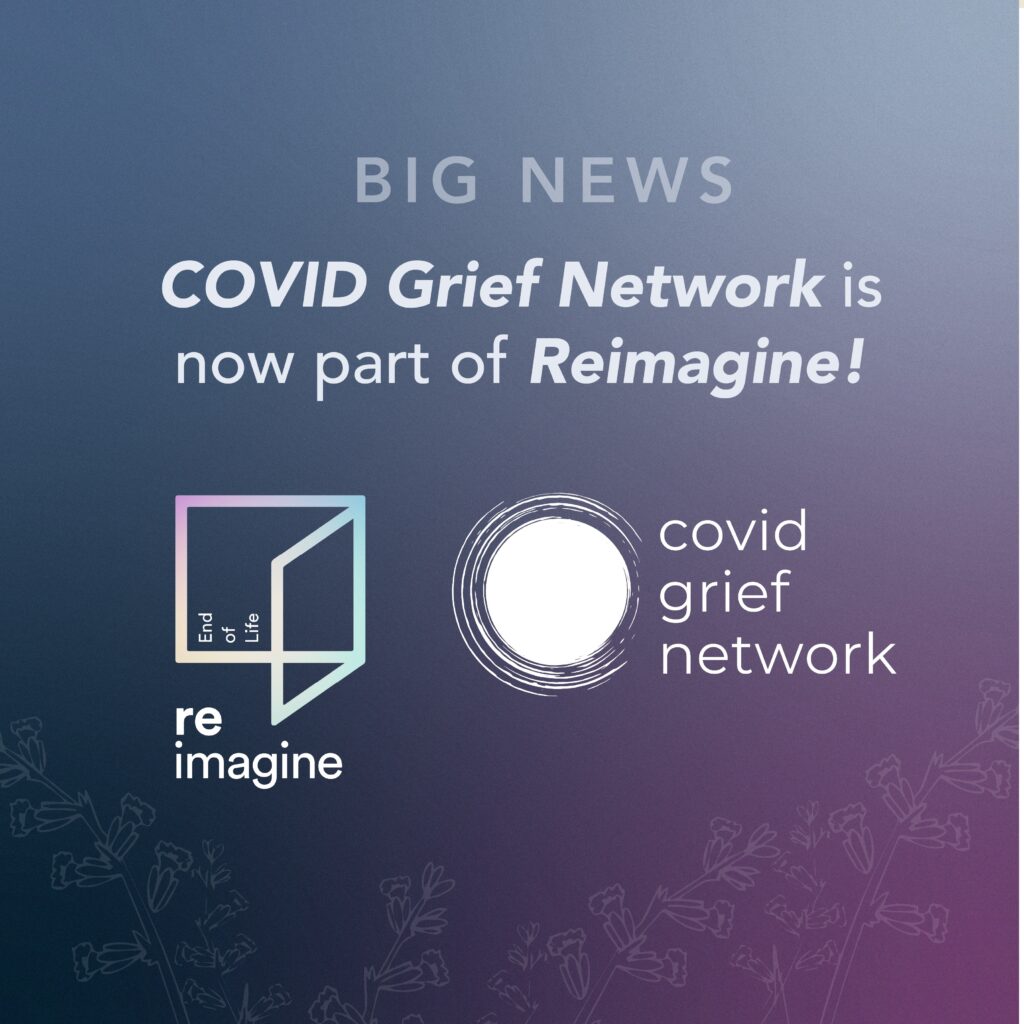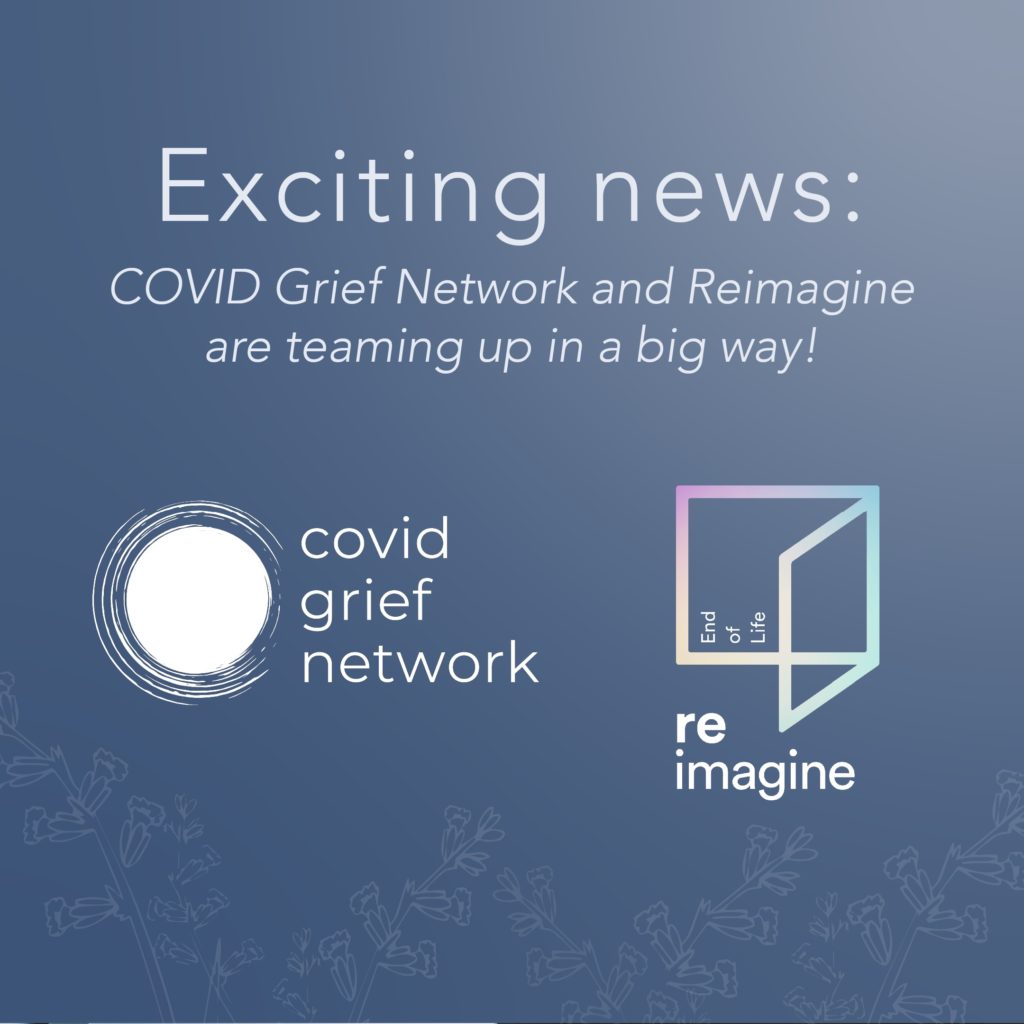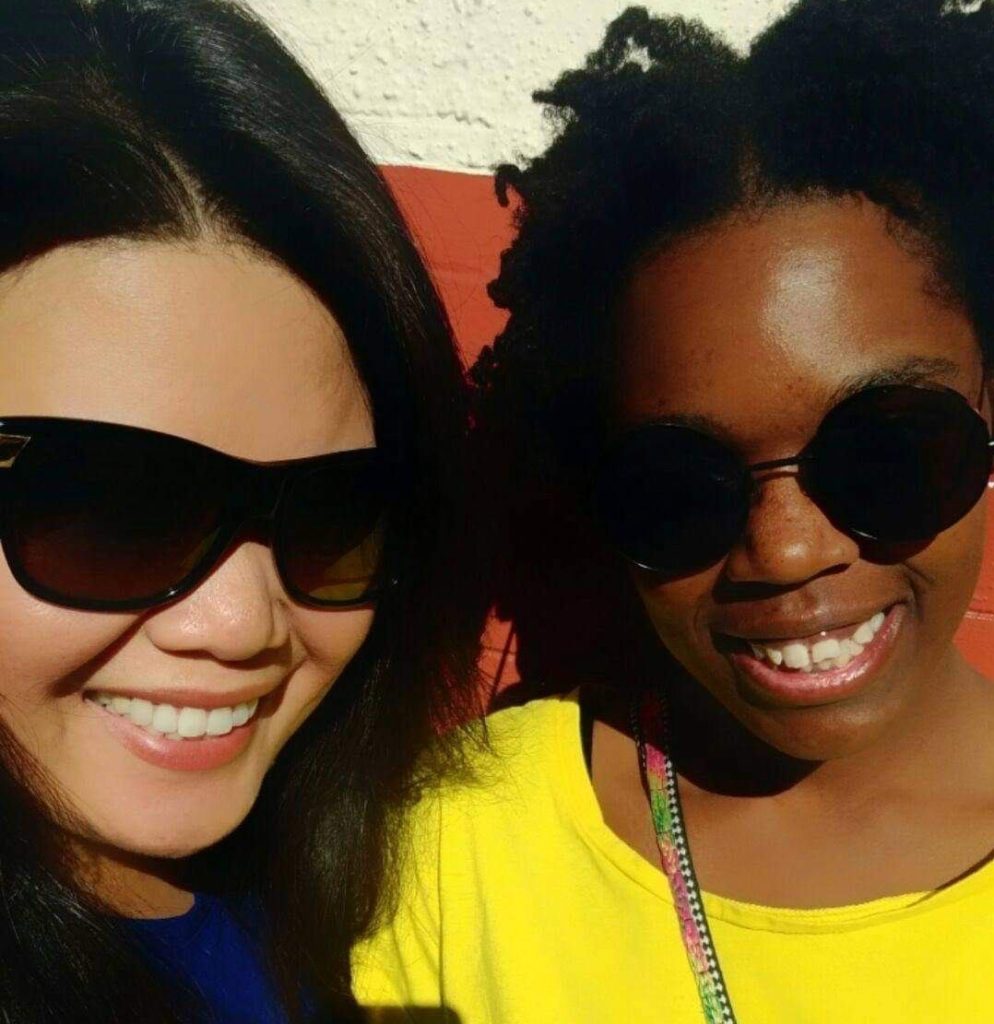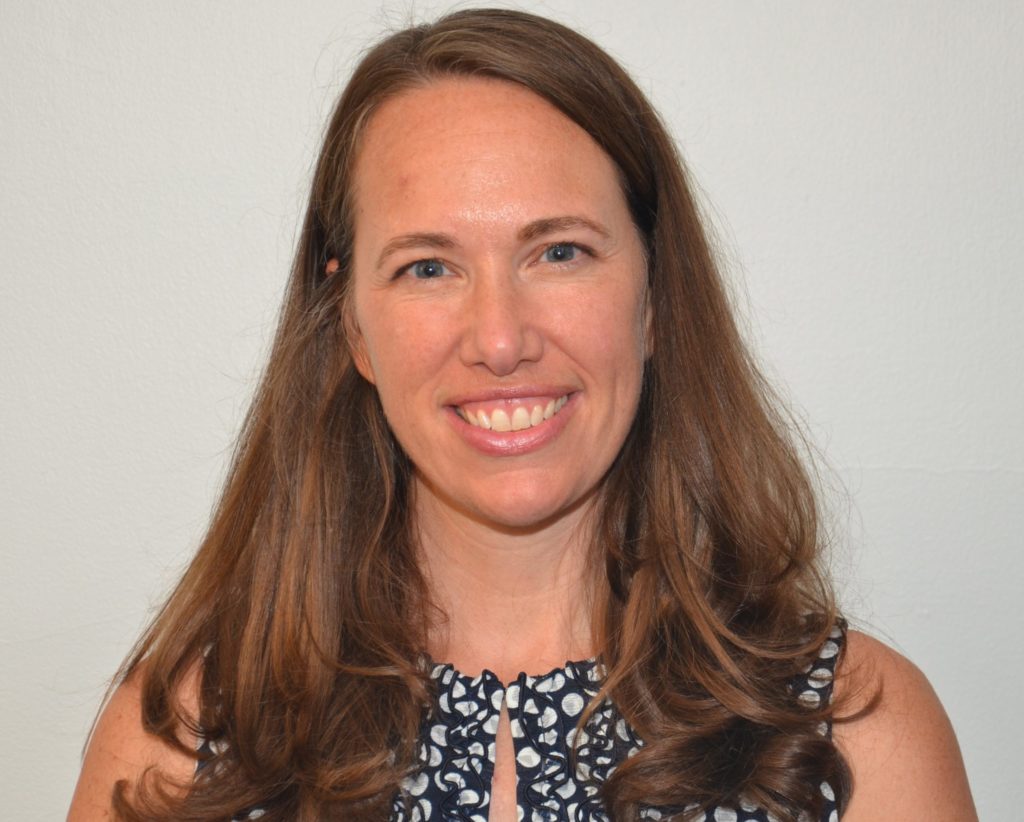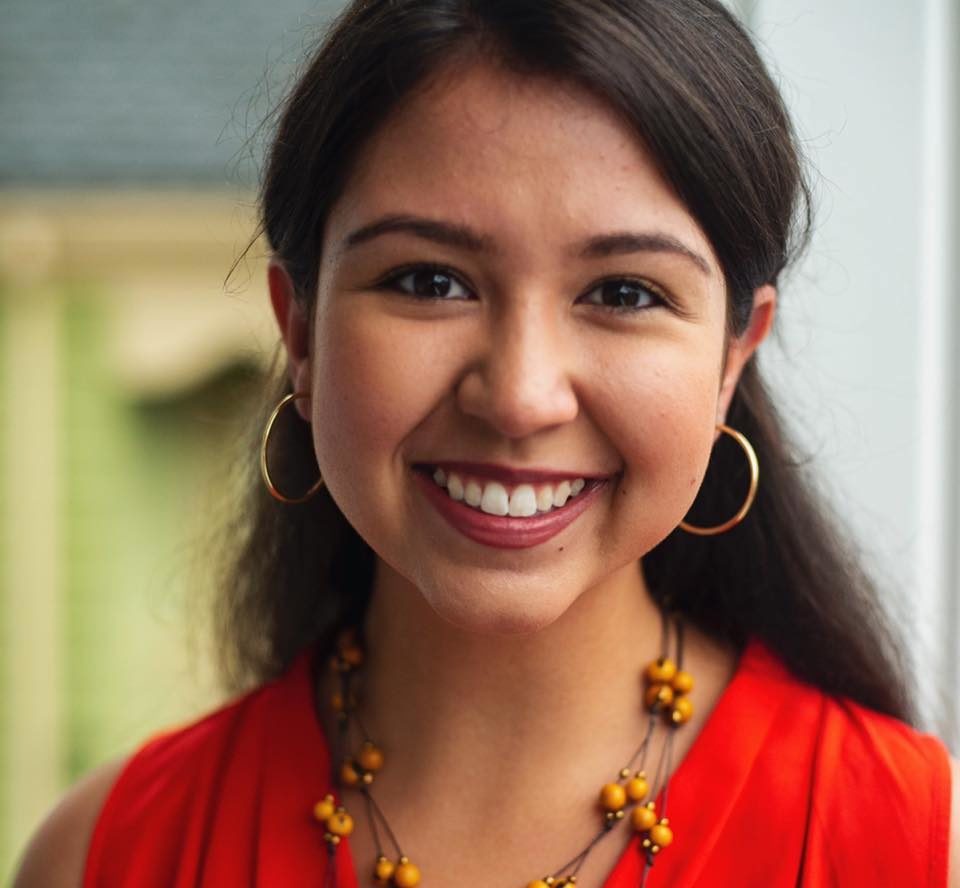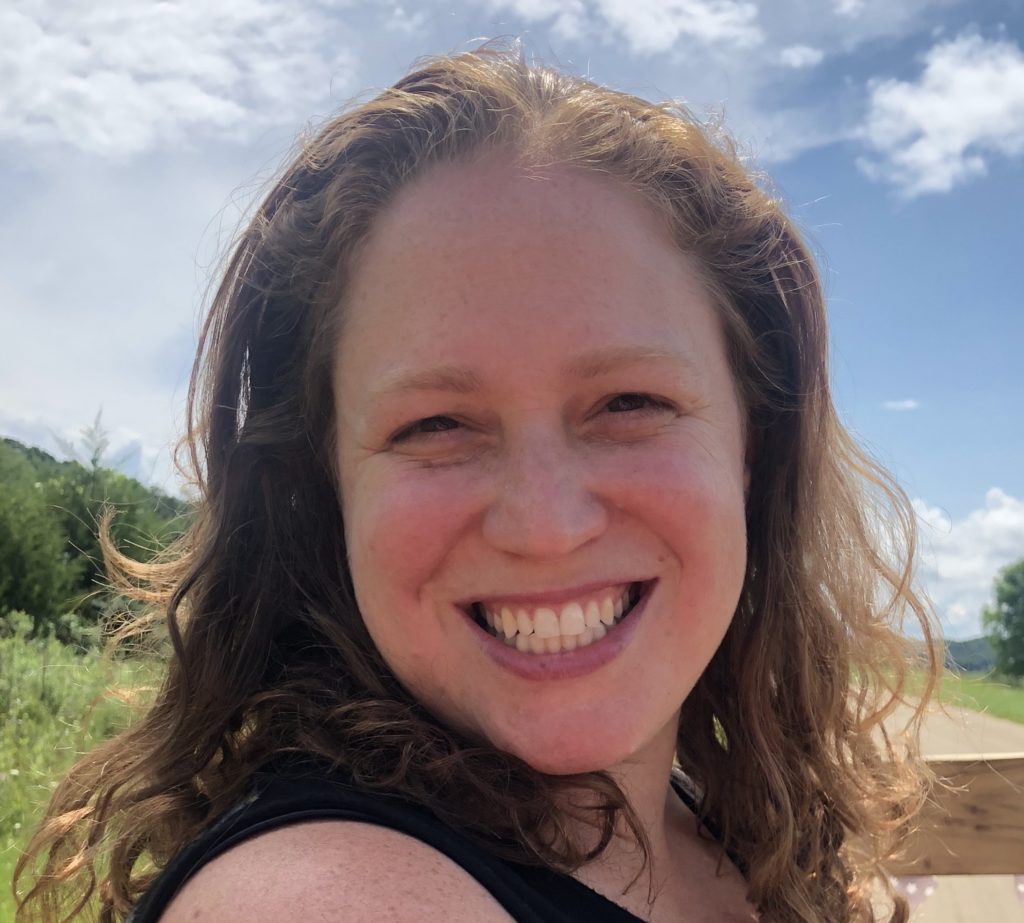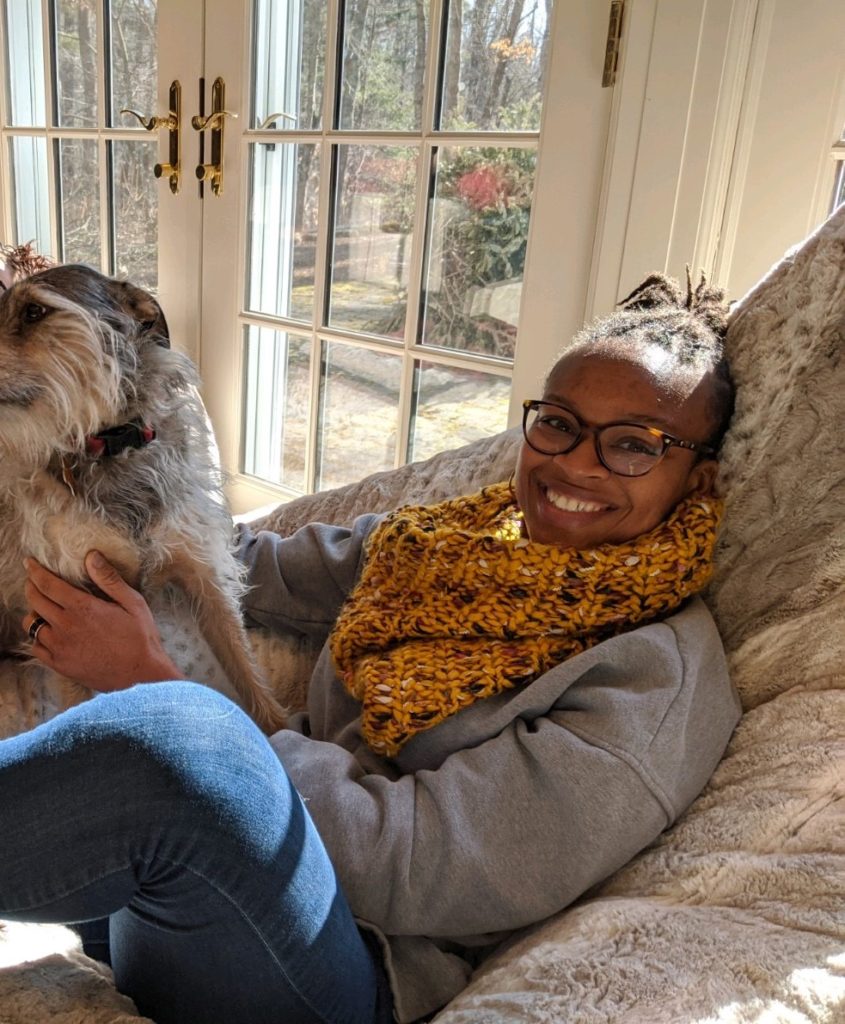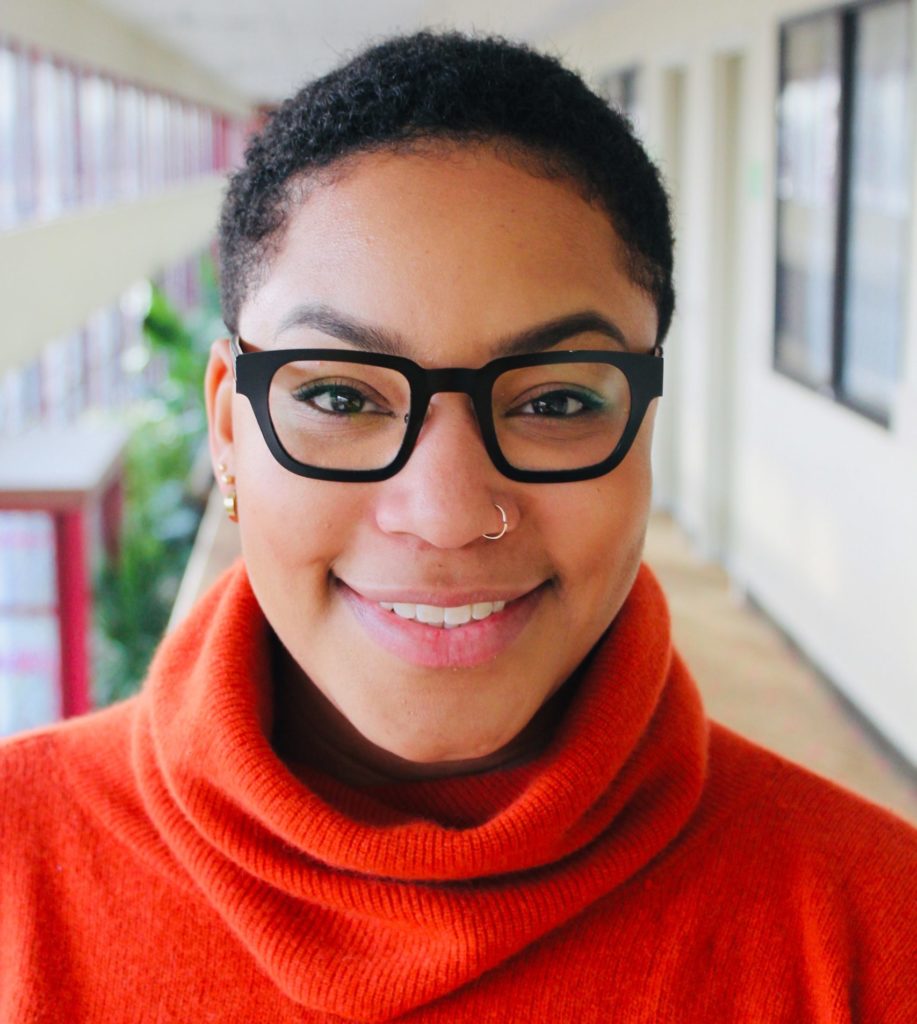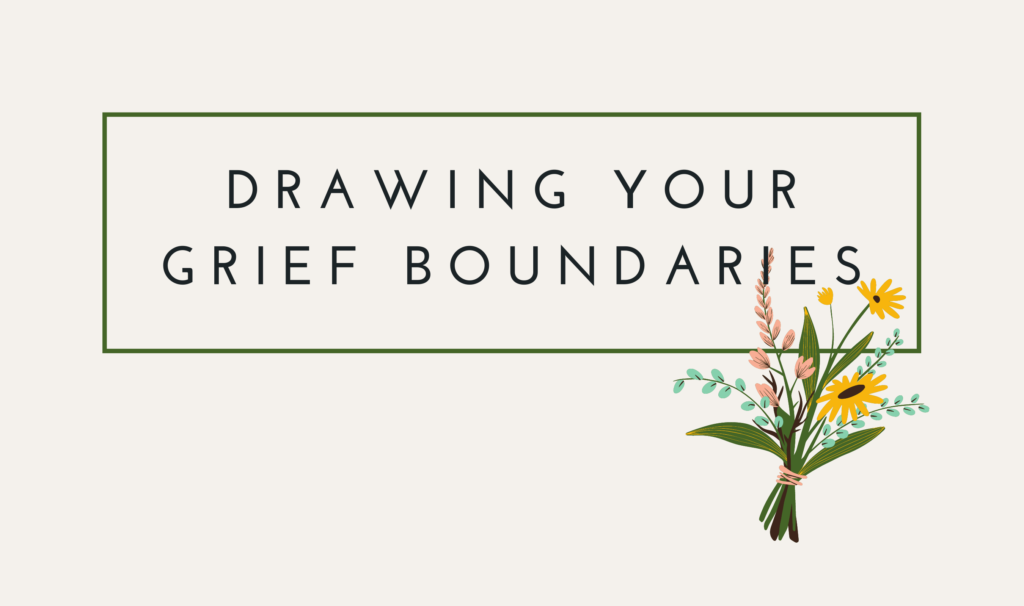Part 2: Drawing Your Grief Boundaries
With millions of lives lost to COVID-19 in the past year, the statistics can feel abstract, even meaningless. How can the human brain process the scope of these tragedies — the millions of children, siblings, partners, family, and friends left behind to grieve the deaths of their loved ones?
By featuring the voices of young adults who have lost someone to COVID-19, this series is designed to give you a glimpse into the lives lost, and how the people left behind are finding their way forward.
In the first part of our interview with Brandy, we hear what it was like to lose her dear friend, Catharine Phanavong, during pandemic distancing. Here in Part Two of the interview, Brandy shares her journey with grief after finding out about the loss. Keep an eye out for Part Three, Finding Connection Through Grief, coming next week.
—
Charly Jaffe: In terms of the road since Catharine died — and obviously it goes in so many different directions — what feels really big to you?
Brandy Hyatt: We talked about this a little bit in my COVID grief support group too, where you have those really big moments that happen after someone passes. So the first one happened really fast. I had my birthday three days after her funeral, and I was also moving. It was the worst weekend. So I’m bawling my eyes out because I can’t physically go to the funeral — we had to watch it over Zoom. And that was hard to do, because then you can’t really engage with folks and see how folks are doing.
And then I had a Zoom birthday party. My friends surprised me and I was just crying. One of my friends said, “We’re doing a tribute to Cat for your birthday. Do you want this?” And I’m like, “No. I appreciate you saying that. But it’s honestly too soon. Like, I literally will just cry in a ball.” And I have to like, make it through the day. You know, I have to eat dinner, I still have to do regular stuff.
Charly Jaffe: First of all, I just want to give you huge kudos for drawing the boundaries you needed at that moment, because that’s not always an easy thing to do. What did it feel like in that moment, to have people you love try to do something to support you, but to have it be like, “That is not what I want.”
Brandy Hyatt: I felt bad telling people “No, that’s not helpful,” because I see how much they want to help and support me and make me feel better about losing someone. But I’m glad that I was able to do it because it makes everything else easier.
Sometimes I wake up and I’m just like, this is a crap day. I wake up just feeling the overwhelming mountain of grief. I live with my partner, and so being able to go, “Hey, having a shit day.” Like that’s it. Nothing extra. They’re really good about that, always willing to just be like, “Okay, you’re not having a great day. Let me know what you need from me, I’m here. If you need anything, if you don’t need anything, if you need me to stay away, that’s also fine.” That’s been vital to me.
Dealing with the loss is really being able to speak up when I am hitting a wall, when I’m having issues, because nobody knows. Sometimes I’ll go to a thing, and I’ll actually have to go home. Cause I’m like, “Oh, I thought I could do this today. And I cannot, so I have to leave.” And that’s really weird for folks because they’re not used to me behaving in that way. So it’s really an adjustment for folks around me — my boundaries, I think, are a lot more tight now than they were previously.
Lauren Bender: That makes total sense. I’m wondering — what would you want people to know about grief? Or even just your grief, specifically?
Brandy Hyatt: Grief is big. It’s really big. And eventually, it starts getting smaller, but I don’t think it goes away. I’ve dealt with different griefs throughout my life, and it doesn’t go. You’re just able to either channel it in different spaces, or at least deal with it better. And I think it’s okay.
Grief can show up in very odd ways. Like, you don’t want to eat pasta for a month. When a friend asked me if I wanted pasta, I didn’t know why I didn’t want to. But it’s because it had to do with me going to eat with my friend [Catharine] at a specific restaurant, and they had pasta. It’s the smallest thing. We’ve eaten plenty of other things together. But this is where my fixation was.
So I would say grief shows up in different ways. It’s love that you can’t get to that person anymore. It’s a big feeling. And it’s not one you can really shove down. But knowing that grief is happening, I think is the biggest piece. And you know, “Oh, yeah, this is heavy today.” That makes navigating your day easier, because at least you know where it’s coming from. When you’re ignoring it, then you feel outside of yourself.
Charly Jaffe: It sounds like grief has taken so much from you. But you also mentioned channeling it. What are some of the ways that you’ve channeled it? And has grief given things to you, as well as taking things from you?
Brandy Hyatt: I mean, there’s days where I feel like it just took everything and I’m super frustrated. But on the days where I feel pretty good, I’ve been writing a lot more, and that’s been really helpful. I’ve also been a lot more honest in my relationships as a whole. I tell people I love them more. I go out of my way to check in on folks a lot more. I really care about deepening those relationships. And so in that respect, it’s really just given me a reminder that things aren’t forever, even yourself, and so trying to make the most of the moments you have with the people you love.
Lauren Bender: Amen to that. That’s extremely powerful. You mentioned earlier that you were really frustrated, not just with the way you found out about Catharine’s death, but also by the whole situation. What did you mean by that?
Brandy Hyatt: I am angry [about] my friend being gone. But I’m also angry because nothing’s happening because of it. In a lot of ways it feels like her death is in vain. All the folks who have passed — those deaths are in vain, because we can’t get our shit together. Looking at just the rollout of vaccines — that’s the surrounding pieces of a larger systematic issue. And it frustrates me that logistical problems are literally killing folks — not just my friend. Millions of other people. The politics and situation beyond myself is also really difficult to deal with in the context of also dealing with my own grief.
In the upcoming final part of the interview, Brandy shares how she found connection in grief. Part 3 will be published on Monday, April 19.
If you are a young adult grieving the loss of a loved one to COVID-19, COVID Grief Network offers both 1:1 and group support, which you can sign up for here. If you’re a young adult in our network and you’re interested in sharing your story for future installments of the Our Voices blog, please reach out to us at covidgriefnetwork@gmail.com.
